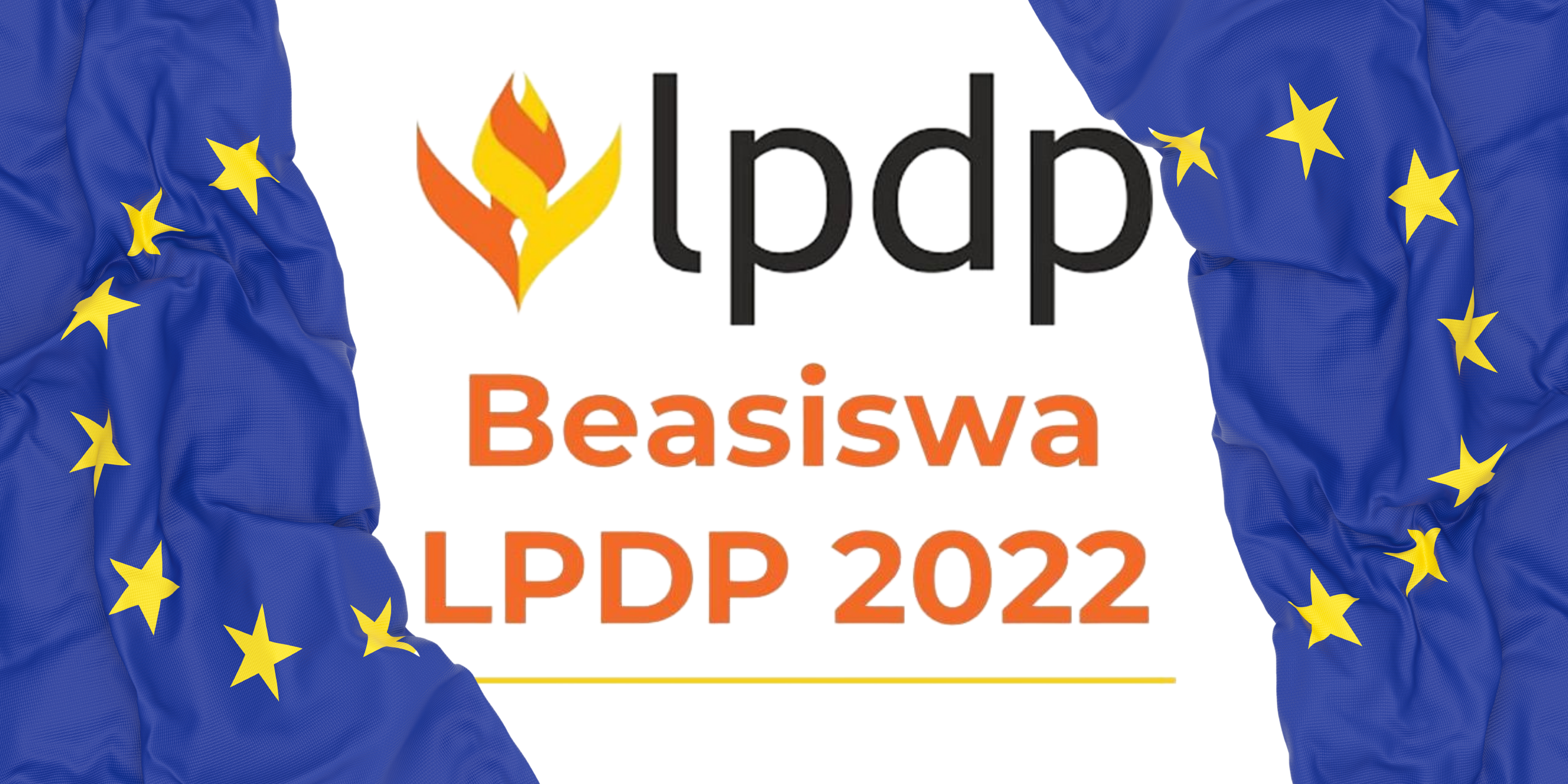Working in the Netherlands - A Guide to Dutch Business Culture
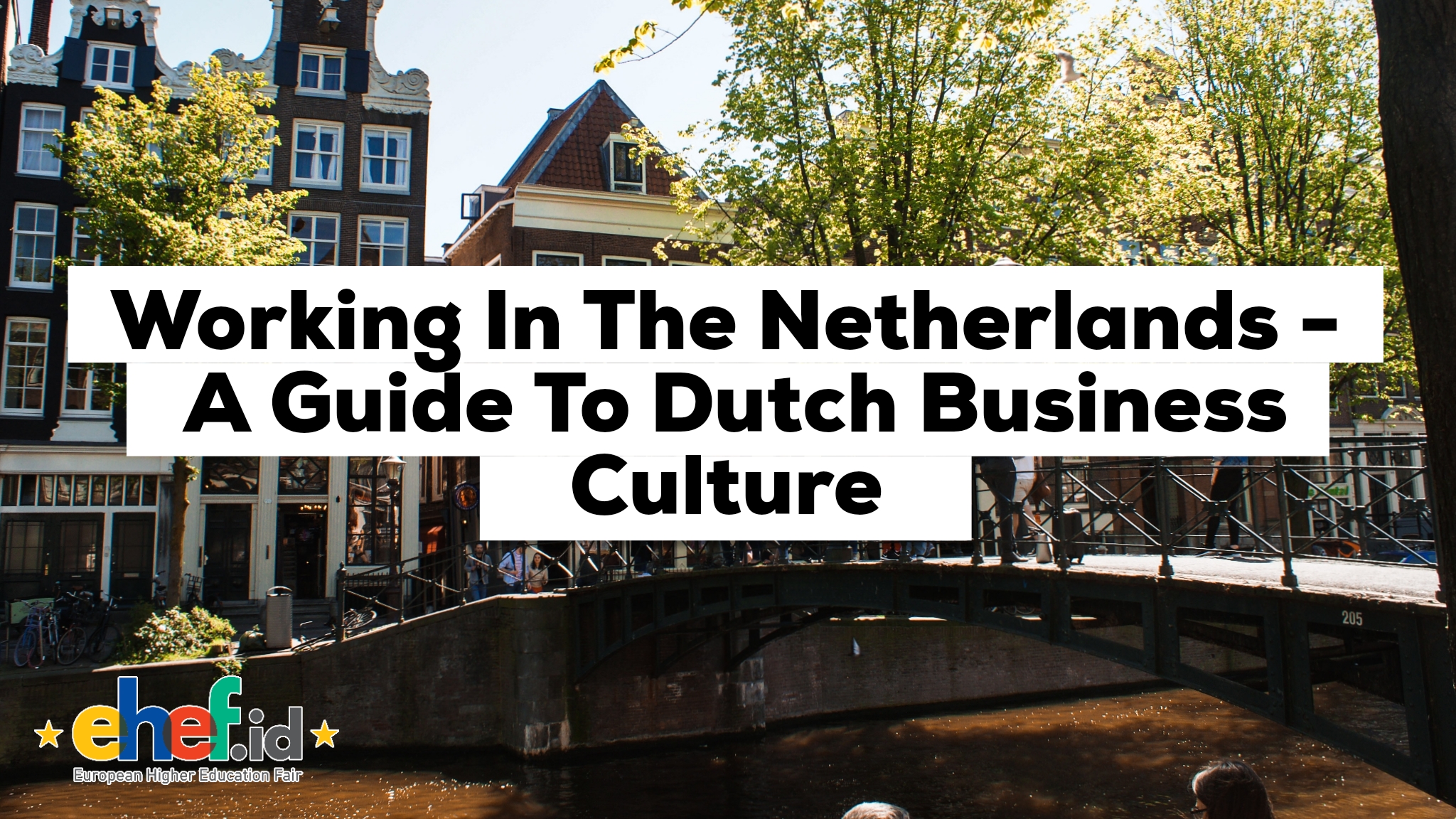
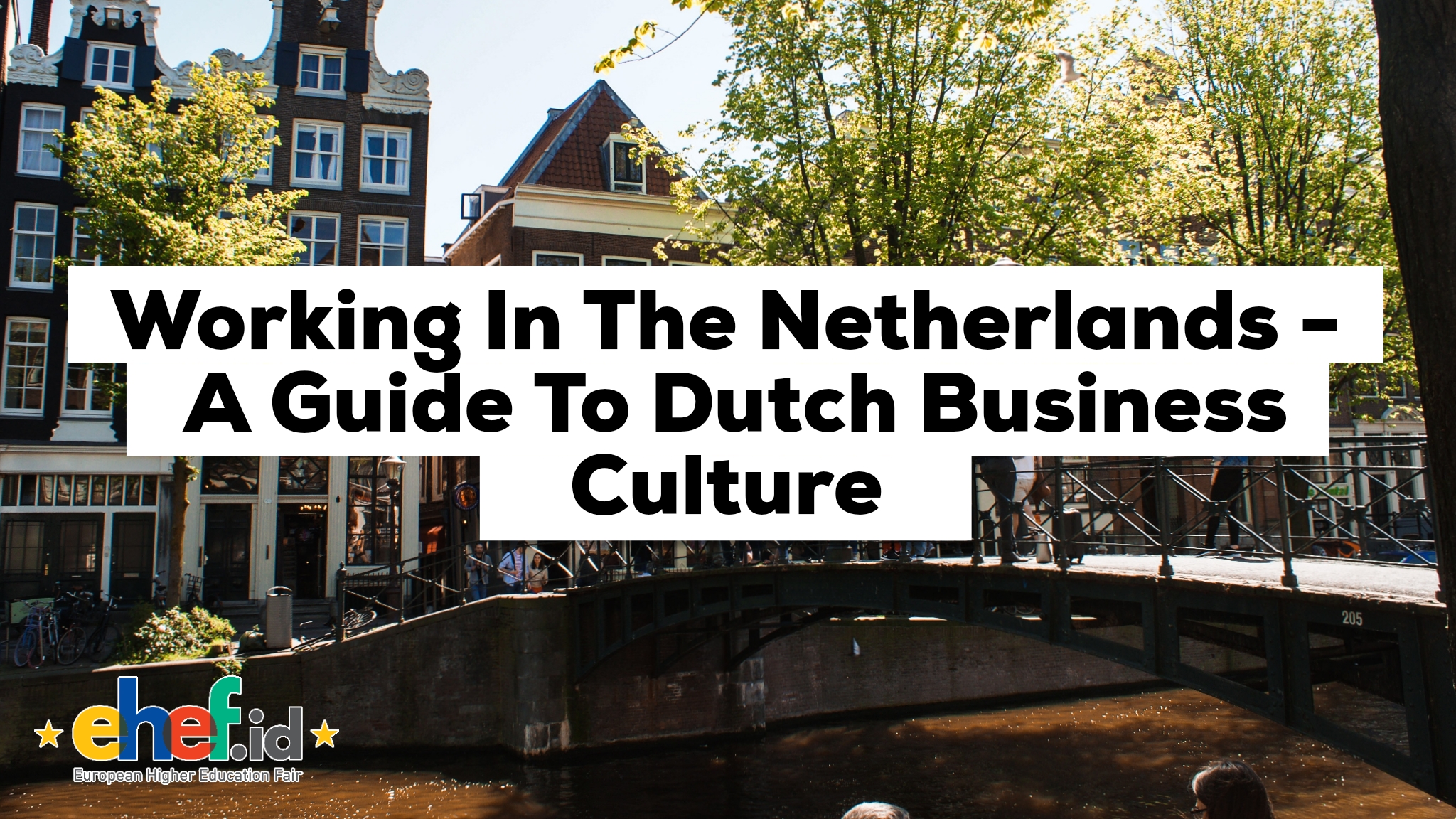
By Jenny Egnér Lin
Pingin melanjutkan studi di Eropa? Jangan lewatkan EHEF Indonesia 2019, pameran pendidikan tinggi Eropa terbesar di Indonesia yang paling dinanti-nanti!
Surabaya 31 Oktober 2019
Jakarta 2 - 3 November 2019
Bandung 5 November 2019
Registrasikan dirimu di sini! Acara ini GRATIS!
Interested in a career in the Netherlands? Dutch business culture differs widely from the Indonesian, and it’s wise to read up on Dutch business etiquette before even applying or interviewing for Dutch companies. Here are the things you must be aware of before you move to the Netherlands to work.
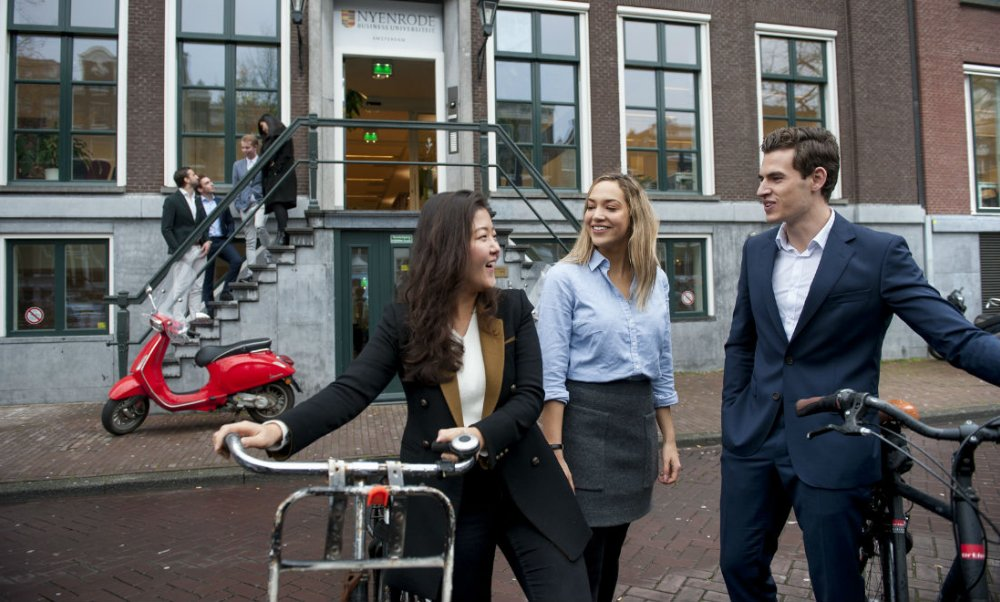
Photograph courtesy of Nyenrode Business Universiteit.
1. Flat hierarchy
The organisational structure of businesses in the Netherlands is much more flat than in businesses in Indonesia. Managers and high-level staff work with lower level workers on a daily basis, do not display symbols of rank, and it is common to address each other by first names. Only some companies use academic titles on their business cards. The Dutch are proud people and do not like to be looked down upon, so a smart boss will bear this in mind and act respectfully towards the staff at all levels.
2. Egalitarian society, status and authority
The Netherlands has an egalitarian society. Status and respect are obtained through study and hard work and not through family ties or old age. Every person is equal and should be treated accordingly in identical situations.
3. Individual responsibility
In order to deliver a good performance at work, the Dutch like to consider the risks and consequences of everything they do, well in advance, by asking for detailed information. In the case something does go wrong the Dutch individual will take full responsibility for the consequences. In the case of success, of course, they will take the full credit.
4. Informal and direct communication
The stereotypes of Dutch business communication are often those of straight-talking directness with to-the-point discussions - most of which is true. Be prepared for criticism of your work indifferent of your status as a superior or subordinate.
The Dutch expect others to be as open and direct as they are. They expect you to criticise their work in return, honestly and in a direct communication style. They do not feel ashamed when you inform them of a mistake. On the contrary they feel that you give them the opportunity to correct and thus improve themselves.
Addressing colleagues
The typical Dutch communication style among colleagues is the informal ‘je‘ and first names. However, a few strict formalities are kept. For instance when there is a notable difference in age or rank, people will use the formal ‘u‘ and ‘meneer‘ (sir) and ‘mevrouw‘ (madam).
Beware of misunderstandings!
The Dutch directness in communication with foreigners regularly causes misunderstandings. Being used to a mutually direct communication style, the Dutch are distrustful of polite conversations, afraid that an unpleasant message may be hidden which they are unable to detect. Politeness may also cause irritation as it is considered a waste of time.
5. Time perception - ‘Time is money’
In the Netherlands, time is money. You are expected to be punctual as being late may damage your image. If you do find yourself running late, you should contact the relevant person and make them aware of this. Frequent lateness will affect your standing with the individual or company concerned, as a lack of time management is considered to be a trait of an unreliable worker.
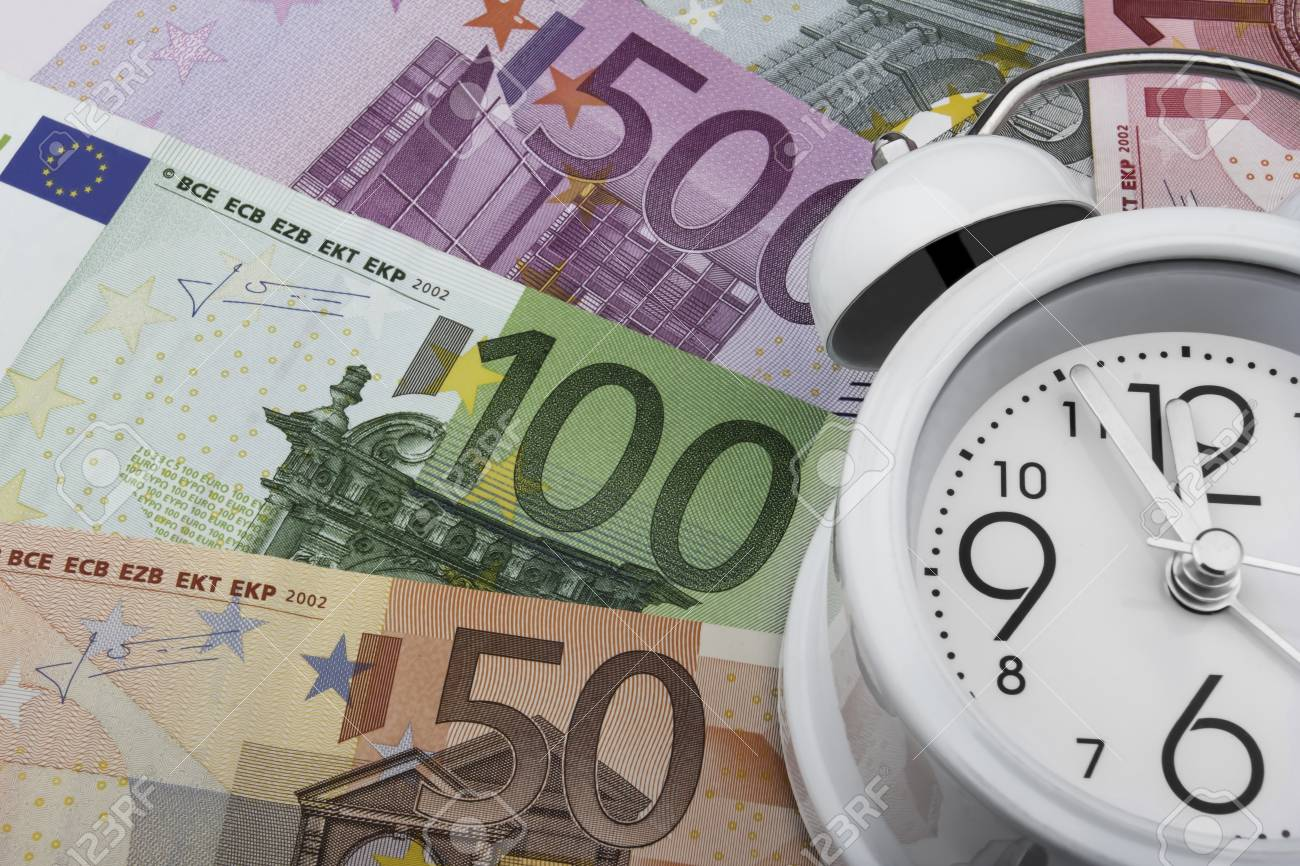
Photograph by Ping Liang.
6. Planning ahead
The Dutch tend to plan for the long term, so schedules (both social and working) are often set weeks or even months in advance. Being organised and time conscious, one has to plan business appointments usually four to six weeks ahead, with bosses, clients and colleagues.
7. Meetings in the Netherlands
Dutch companies revolve around meetings. You will find that there is always at least one meeting in your office every day, even if it only involves a few people. Due to their frequency, meetings are usually informal, yet fixed to times and agendas.
The Dutch enjoy offering their opinion, and the attitude is that each individual may hold information that is valuable to the company. As a result, all members of a meeting are expected to make a contribution, regardless of their position in the company. Therefore, it is advisable to prepare yourself well before each meeting.

Photograph by You X Ventures.
8. Decision-making and consensus
Most decisions, in politics, in Dutch business culture and even in social life, have to be made on the grounds of consensus. Subsequently, the process of reaching a decision is time consuming. However, once decisions are made, implementation is fast and efficient.
9. Business greetings
In Dutch business culture, it’s typical to shake hands with everybody present and say your first and last name. During a conversation, the Dutch expect rather intensive eye contact. Looking somebody straight into the eyes is interpreted as trustworthy.
The Dutch way of kissing each other three times on the cheeks (right, left, right), is only done when people know each other well.
10. Business dress code - Dress for the occasion
Dress codes can vary greatly between companies. Some may require at least semi-formal wear, even for a typical day in the office, while others allow you to ‘dress as you please’ within sensible boundaries. If unsure of the dress code and what to wear, you may ask someone from the company you are visiting or check the company's website to find clues about their dress code.
11. Use of business cards
Business cards are usually exchanged during business meetings, with those with whom you have had contact with directly and with whom you have a shared business interest. The cards usually contain one's job function and academic title.
12. Business wining and dining
Lunch is seen as a necessity, not a social event in Dutch business culture. Therefore most employees eat a sandwich behind their computer, or bring sandwiches even into a meeting. Business lunches are not uncommon, but not very frequent in Dutch business culture. The tendency to go out for lunch or eat with colleagues in a meeting room, however, is growing. Taking business partners out for dinner is seen as a private event, consequently it rarely happens in Dutch business culture.
The Dutch may have great business relationships with their colleagues but rarely invite them to their homes. Work and private life are often strictly separated. Nor do Dutch businessmen feel the obligation to entertain foreign businessmen visiting their company after business hours.
13. Coffee breaks - A source of information
A lot of office information is passed on through word of mouth, and once you are a trusted figure among colleagues, you will undoubtedly hear plenty of information at the office coffee machine.
14. Gift giving
Gift giving is not a common aspect of business relationships in the Netherlands, as the Dutch do not expect to give or receive anything other than the due reward for services rendered.
If you are offered a gift, open it immediately and show your appreciation. Some Dutch companies may offer end-of-year gifts and these should of course be acknowledged.
15. Bribery and corruption
The Dutch have a reputation for honesty. In Transparency International’s Corruption Perceptions, the Netherlands are consistently ranked among the least corrupt countries in the world.
16. Time off
The Dutch love time off to spend with their partner, kids and friends, for vacation or to study. Therefore, they will prefer to reduce working hours instead of having an increase in salary. Vacation days, depending on the labor contract run from 21 to as many as 40 working days a year. Being an expat in the Netherlands, you may feel as if you are always at the office while the Dutch are on vacation.
About the author: Jenny Egnér Lin is born and raised in Stockholm, Sweden, and holds a B.Sc. in Business and Economics from Stockholm School of Economics and a M.Sc. in Strategic Market Creation from Copenhagen Business School. With firsthand experience from studying in Europe, she is sharing prime insights about life as a student at a European university.

